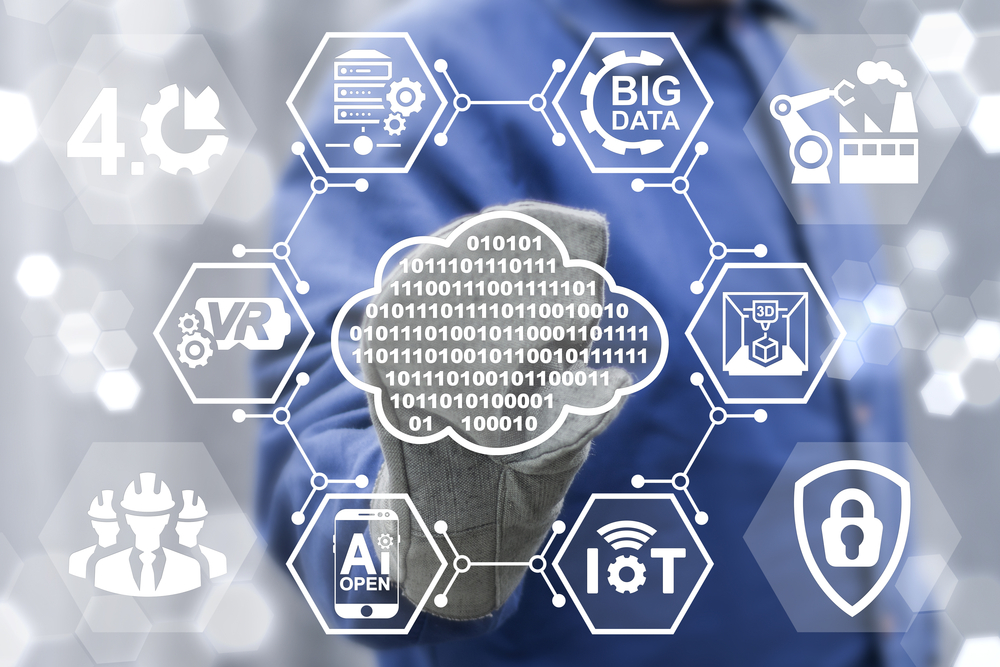90% of today’s existing data was generated within the past 2 years, and the pace is only accelerating with the growth of the Internet of things (IoT; Marr, 2018). For end-users, this means that they need to share IoT data in a responsible manner. However, this creates many privacy problems, and therefore, the deployment of efficient privacy protocols in IoT networks is essential to ensure confidentiality, authentication, access control, and integrity (Razzaq, Gill, Qureshi & Ullah, 2017).
Cloud-computing is commonly being adopted for processing IoT generated data which makes data security a major concern for data owners (Liu, Yang, Zhang & Chen, 2015).
Blockchain networks can be used in addition to cloud computing as they ensure data security while not being defined by their geographic location, political structure or legal systems. They also make use of cryptographic techniques such as smart contracts to constrain behavior while eliminating the need for a trusted third-party (Ballandies, Dapp, Pournaras, 2018).
Do you think the Blockchain has a safer mechanism to store such personal IoT data? What problems do you think can arise when storing such huge amounts of IoT data on the Blockchain network?
References:
Ballandies, M. C., Dapp, M. M., & Pournaras, E. (2018). Decrypting Distributed Ledger Design-Taxonomy, Classification and Blockchain Community Evaluation. arXiv preprint arXiv:1811.03419.
Liu, C., Yang, C., Zhang, X., & Chen, J. (2015). External integrity verification for outsourced big data in cloud and IoT: A big picture. Future generation computer systems, 49, 58-67.
Marr, B. (21. May 2018). Retrieved from: www.forbes.com: https://www.forbes.com/sites/bernardmarr/2018/05/21/how-much-data-do-we-create-every-day-the-mind-blowing-stats-everyone-should-read/
Razzaq, M. A., Gill, S. H., Qureshi, M. A., & Ullah, S. (2017). Security issues in the Internet of Things (IoT): A comprehensive study. International Journal of Advanced Computer Science and Applications, 8(6), 383.

